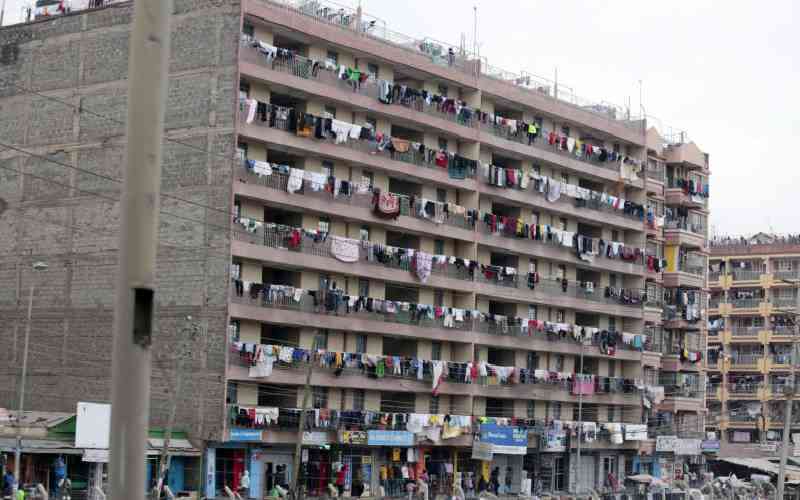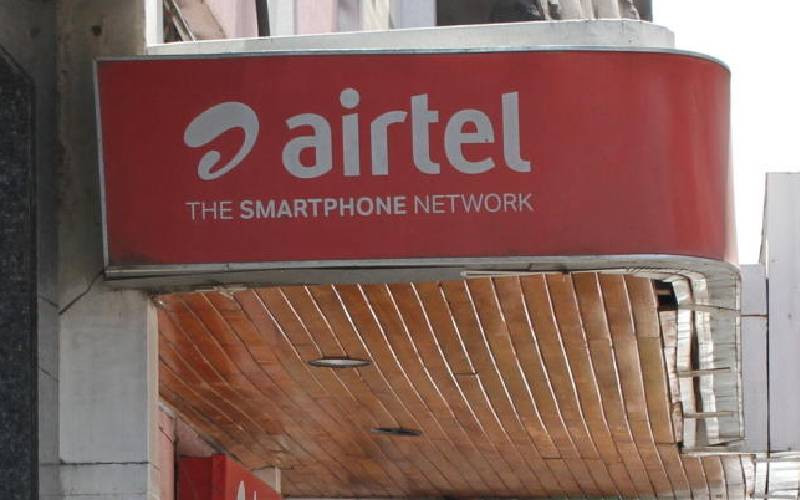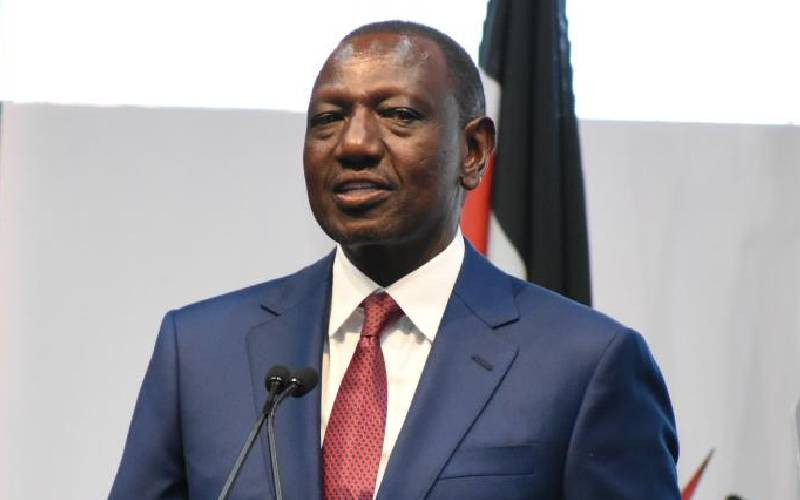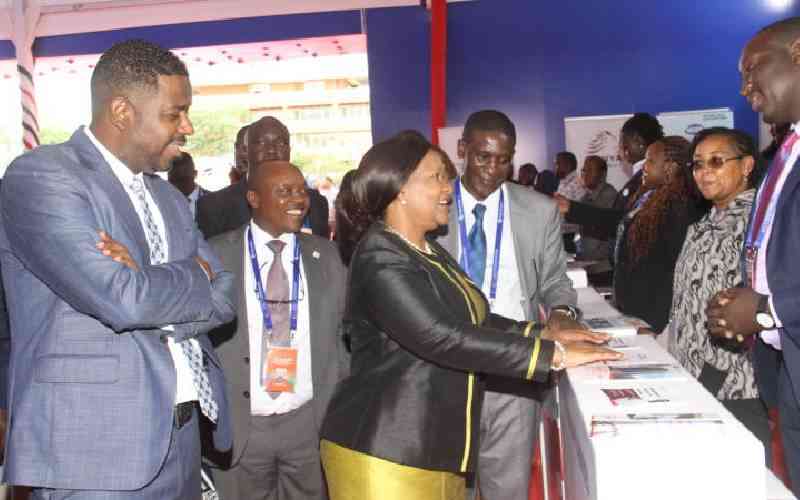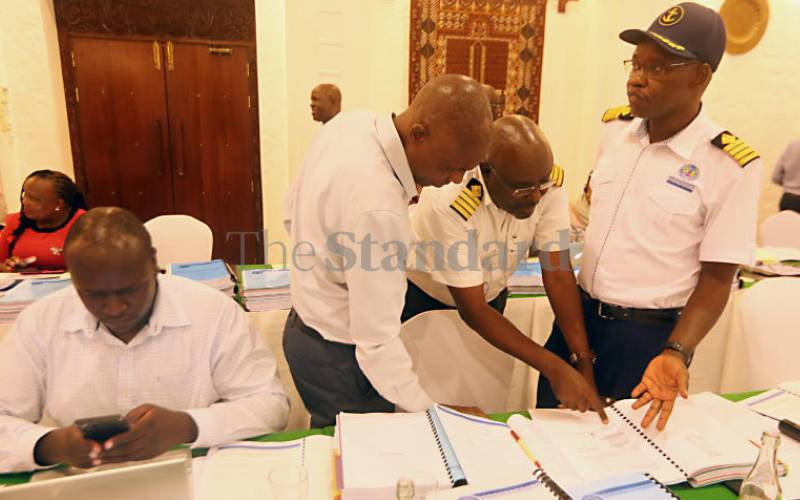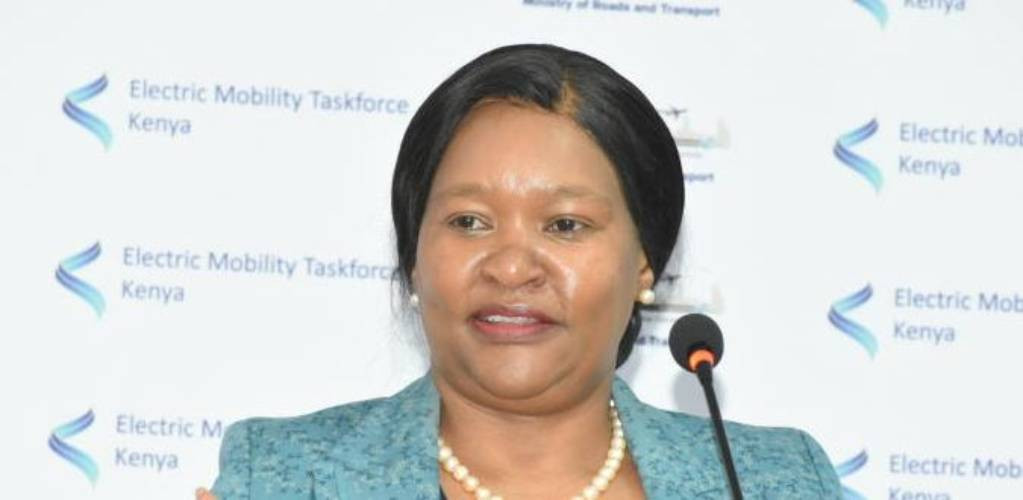
More African countries are tapping into Islamic bonds or Sukuk to finance infrastructure projects, a new study by the Dubai Chamber of Commerce and Industry says.
The study, which has been released ahead of the African Global Business Forum in Dubai, which kicks off today, says sukuk lends itself well to infrastructure financing on the continent. Africa is in need of $98 billion (Sh10 trillion) annually to fund its infrastructure needs.
President and CEO of Dubai Chamber of Commerce & Industry, Hamad Buamim said the African continent and the Islamic economy make up two core pillars of the Chamber’s strategy in the near future, and that Dubai has become a global hub for both Islamic finance and investments to and from Africa. “Information availability can no longer be considered an obstacle to African market expansion,” he said, adding that Africa has great future investment potential, and the Islamic financing sectors continue to grow. “This is a great opportunity for companies in the UAE to be entrepreneurial and leave its footprint on these markets.”
The study said appetite for Islamic financing products continues to increase in each of Kenya, Ethiopia and South Africa, with Sukuk proving to particularly popular, and strong potential apparent in the asset management and Takaful sectors. It was noted that prevalence of Islamic financing does not depend on a large Muslim population base. Governments of non-Muslim countries have started to explore the Halal and Sukuk opportunities, and there is a trend toward Islamic financing in a number of sectors. For instance, Niger, which counts 94 per cent of its population as Muslim, Islamic financing makes up for only 3 per cent of total assets. The situation is much the same in Mali, with its 90 per cent Muslim population base.
In Kenya, which has a Muslim population of 14.5 million, Islamic banking commands a market share of about 2 per cent. Kenya has an on-going partnership with the Qatari government to build capacity and develop the legal and regulatory framework to allow it to issue a Sukuk, Islamic asset management and other Sharia compliant products. And Dubai Islamic Bank has recently received, in principal, approval from regulators in Kenya to establish a branch, expected to open by the end of 2015.
Diversify Funding
South Africa, where Muslims represent 2.3 per cent or 1.3 million of the population contributes 10 per cent of the Gross Domestic Product, according to some estimates. However, only 10 per cent-15 per cent of the Muslim population uses Islamic banking. In September 2014, South Africa became the third non-Muslim country, after Hong Kong and the UK, to issue Islamic-compliant debt- setting a significant precedent in Africa. The $500 million (Sh51 billion) sale, jointly arranged by BNP Paribas, Kuwait Finance House Investment Limited and Standard Bank of South Africa, was four times oversubscribed, with investors from the Gulf Corporation Council (GCC) getting over half of the subscription allocation. The bond, which matures in June 2020, is part of the South Africa National Treasury’s objective to diversify its funding and investor base.
For its part, Zambia is also laying groundwork to accommodate Islamic windows alongside its conventional banks to finance infrastructure, agriculture and manufacturing projects. The country recently launched Islamic finance guidelines in an effort to develop regulatory framework for the sector. In Mozambique, which is the only member of the Islamic Development Bank in Southern Africa region, has received around $300 million (Sh31 billion) investment by the IDB since the country joined the bank in 1995. Currently, 22 IDB-funded projects, valued at more than $160 million (Sh16.3 billion), are under way.
For its part, the government of Uganda in June approved the Financial Institutions (Amendment) Bill, paying the way for Islamic banking and finance in the country. A member state of the Islamic Development Bank, Uganda is seeing interest from both foreign and local financial institutions to offer sharia compliant services to the nation. The Islamic Corporation for the Development of the Private Sector (ICD), the private sector funding arm of the IDB group, has said that it is looking at the Ugandan market and has submitted an application to launch an Islamic bank based in Kampala.
In Ethiopia, Islamic banking is still in its infancy, despite a third of the population being Muslim. Meanwhile, in Sudan, the country’s Takaful market is considered the most developed in Africa, and the third biggest in the world after Malaysia and the GCC.
 The Standard Group Plc is a multi-media organization with investments in media
platforms spanning newspaper print operations, television, radio broadcasting,
digital and online services. The Standard Group is recognized as a leading
multi-media house in Kenya with a key influence in matters of national and
international interest.
The Standard Group Plc is a multi-media organization with investments in media
platforms spanning newspaper print operations, television, radio broadcasting,
digital and online services. The Standard Group is recognized as a leading
multi-media house in Kenya with a key influence in matters of national and
international interest.
 The Standard Group Plc is a multi-media organization with investments in media
platforms spanning newspaper print operations, television, radio broadcasting,
digital and online services. The Standard Group is recognized as a leading
multi-media house in Kenya with a key influence in matters of national and
international interest.
The Standard Group Plc is a multi-media organization with investments in media
platforms spanning newspaper print operations, television, radio broadcasting,
digital and online services. The Standard Group is recognized as a leading
multi-media house in Kenya with a key influence in matters of national and
international interest.



